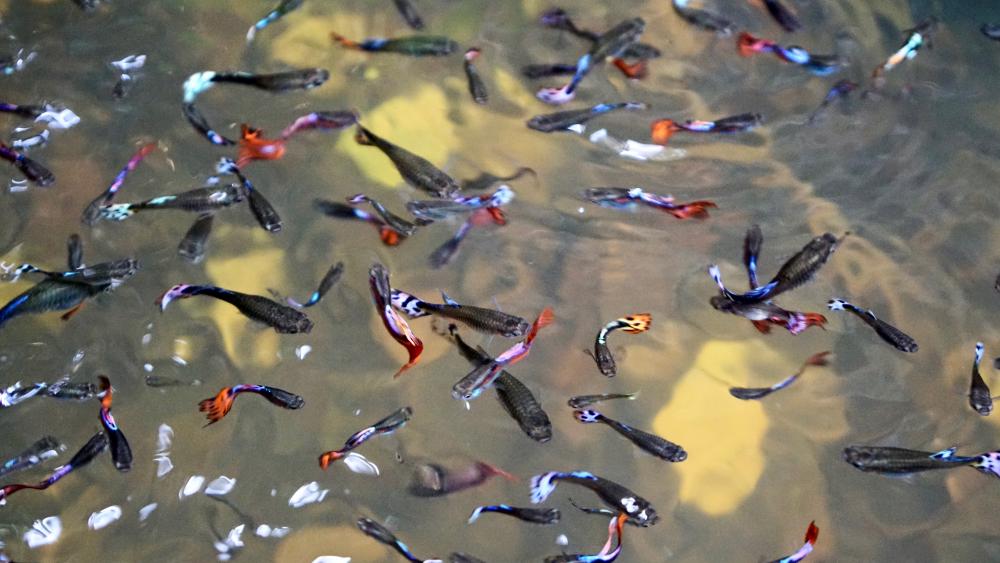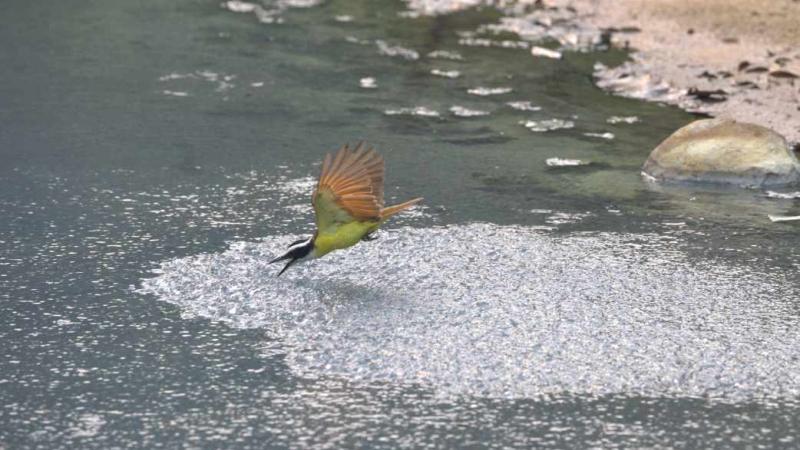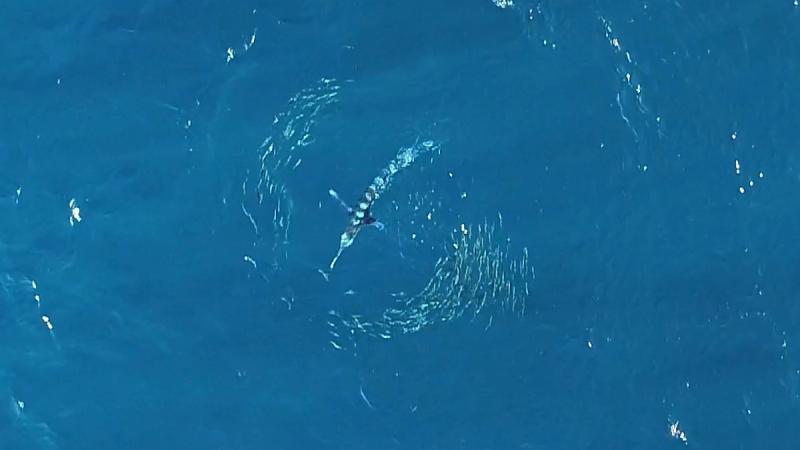
Guppies actually only live in aquariums in our country, but specimens that have been released also survive in the artificially heated Gillbach. I Photo: Shutterstock, Peter Maerky
Guppies are small tropical fish. They are among the most widespread invasive species worldwide. In temperate regions, these fish can only survive in thermally-altered streams. Like the Gillbach in North Rhine-Westphalia, which is heated to over 25 degrees by the influx of warm water discharge from a power plant. The team led by Dr. David Bierbach has been studying the behaviour and distribution of these fish for several years in this so-called “Guppybach” – the German translation for Guppy creek.
Robofish to study sociability
In winter, the Gillbach guppies are restricted to the warm water inflow, but in the warm months some animals increase their distribution range. The researchers compared boldness, sociability and activity of the remaining and the exploring individuals. To investigate sociability, the team used a robotic fish. In another experiment, David Bierbach's team had already been able to show that more sociable animals stay closer to their robot conspecific.
For all three behavioural traits, the researchers were able to show that the individual guppys consistently differed in repeated measurements – this is referred to as "animal personality". Interestingly, there was a positive correlation between the two personality traits boldness and activity – bold fish also moved more. However, the personality patterns found did not differ between the animals near the source and the study site further downstream. Thus, random shift is a more likely dispersal mode in the Gillbach and is not affected by the personality traits studied here.
"In the face of changing environmental conditions, guppies seem to be extremely successful in keeping their behavioural expressions constant, which could explain their effective invasion and adaptation to a wide range of habitats," concludes Juliane Lukas, PhD student at the IGB and first author of the study.




